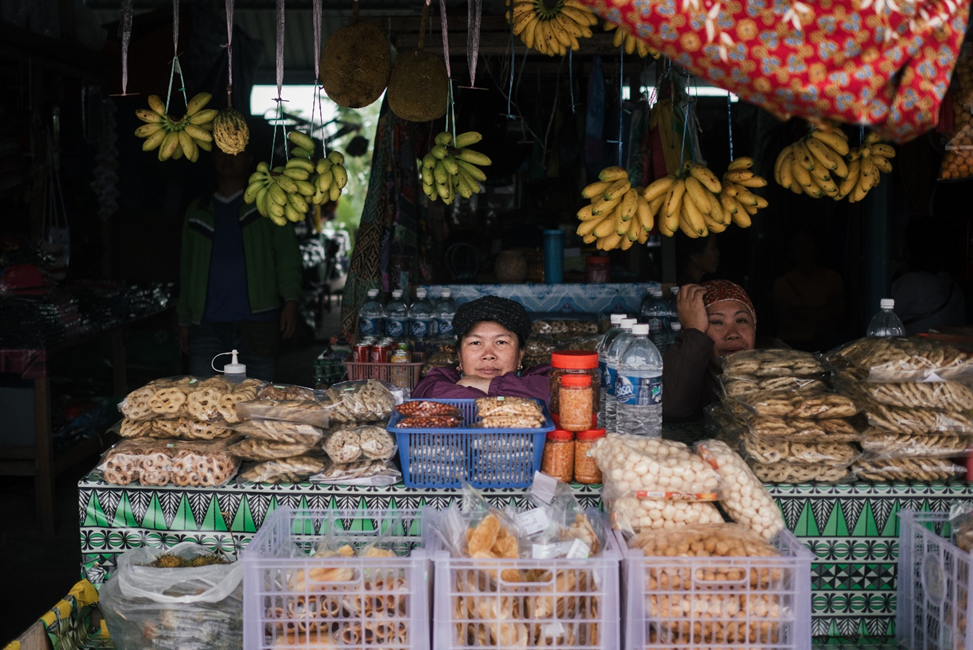
To mark this year’s End Poverty Day, the World Bank has released its biennial Poverty and Shared Prosperity Report “ Piecing Together the Poverty Puzzle”, which documents the dramatic reduction in extreme poverty achieved from 1990 to 2015. In the span of 25 years, the share of people around the world living in extreme poverty line fell from 36% to 10% (from 1.9 billion to 736 million), despite the global population growing from 5 to 7 billion.
The World Bank estimates that the global poverty rate has declined to 8.6% in 2018, surpassing the 2020 interim target of 9%, on the way to the goal of 3% by 2030. Despite this progress, the outlook for 2030 is still uncertain. The recent gains notwithstanding, the rate of poverty reduction at a global level has slowed in recent years.
Poverty has become increasingly concentrated in Sub-Saharan Africa and in fragile and conflict areas, which together account for more than half of the world’s extremely poor people. Reaching the global goal of 3% by 2030 hinges critically on several factors, namely rapid and inclusive economic growth, strengthened governance, health and education investments, and increased productivity.
Malaysia has made outstanding progress in reducing extreme monetary poverty. In 1970, almost half of Malaysian households lived below the national poverty line, which is almost double the international extreme poverty line – at approximately RM 100 per person per month. Today less than 1% do. Using the higher threshold of the median national poverty line used in upper middle-income countries (approximately RM 292 per person per month), Malaysia’s poverty rate has declined from 17% in 2008 to 2.7% in 2015.
As countries become richer, social norms about what constitutes a minimally acceptable standard of living will change as well. These shifting expectations apply not only to income security, but also to access to affordable services and amenities that safeguard an individual’s dignity as a fully functioning member of society. Current public discourse about the cost of living, the quality of public services, and related topics are clear evidence that Malaysians are aiming higher and setting their sights on a better quality of life.
Against the high-income and developed country standards that Malaysia aspires to achieve, existing gaps and vulnerabilities cannot be easily dismissed as isolated cases. As just one example, a study by Malaysia’s Institute for Public Health in 2016 found that 20.7% of Malaysian children are nutritionally stunted. Equally important, significant rates of stunting were found in cities as well as rural areas, and across all states, all ethnicities, and all levels of income and maternal education.
Going forward, social policies and interventions could be made more effective by tailoring them better to people’s living conditions. One case in point is the Cost of Living Aid cash transfer program. Its impact and cost-efficiency could surpass the effectiveness of past programs by adjusting eligibility criteria and benefit levels to account for household size and composition, as well as differences in the cost of living by state and urban or rural areas.
Much has been made about Malaysia’s transition towards becoming a high-income country. The journey will become more meaningful if all Malaysians are given the opportunity to share in the monetary and non-monetary benefits of this prosperity. Malaysia is well-poised to grow a larger and more resilient middle class, which itself can be an engine of future growth, and a champion for better governance and increased accountability. This commitment to inclusiveness in the new Malaysia—and to tackling prevailing gaps and vulnerabilities—will eradicate poverty and improve the standards of living for all Malaysians.


Join the Conversation